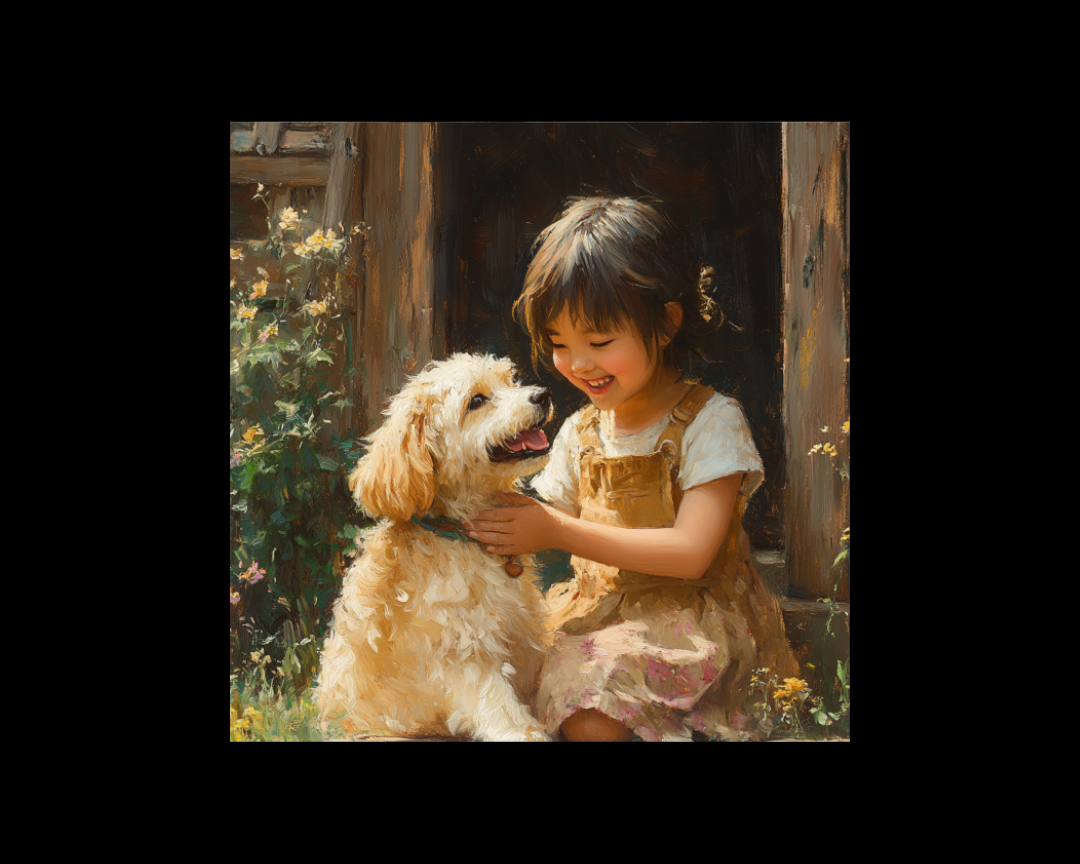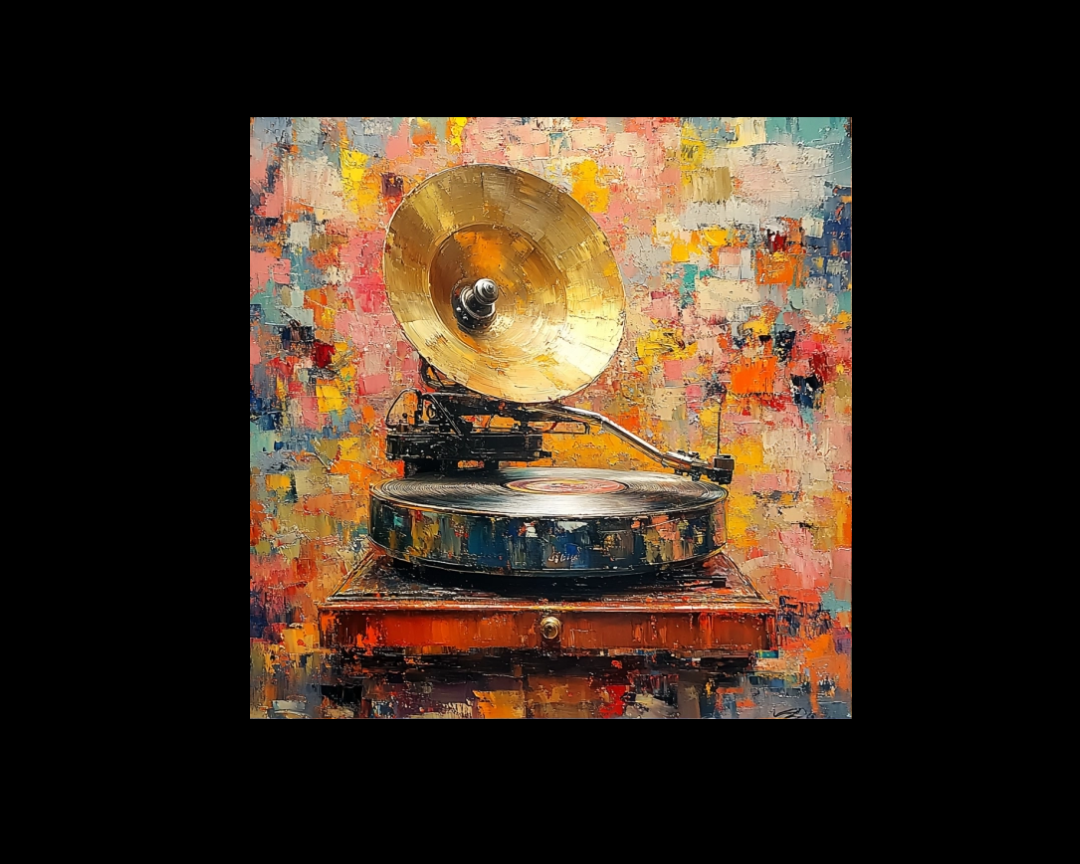Types of Tone: Exploring Distinct Writing Styles
Tone in writing is the attitude or emotional character that the author conveys through their words. It's a crucial element that can dramatically...

Naivety is often perceived as a lack of experience or worldly wisdom, characterized by a certain innocence, credulity, or childlike simplicity. In storytelling, naivety plays a crucial role in character development, setting up moments of growth, tragedy, or revelation. Whether the protagonist is young and inexperienced or simply unaware of the darker sides of life, naivety can lead to compelling narrative arcs where innocence is tested by reality.
This article will explore the concept of naivety, examining how it’s depicted in various epic films through different characters. We’ll dive into how scriptwriters and filmmakers convey this trait and how it becomes a crucial storytelling tool.
Being naïve means having a simplistic or innocent view of the world, often due to a lack of exposure to complex or harsh realities. Characters who embody naivety are often unaware of the full picture, leading them to trust too easily or make misguided decisions. In epic films, this quality sets the stage for growth and hard-earned lessons.
In the early seasons of Game of Thrones, Sansa Stark perfectly exemplifies naivety. Raised on romantic tales of knights, queens, and chivalry, Sansa enters the treacherous world of King’s Landing with wide-eyed innocence, expecting to find honor and love in a place filled with deception and danger.
Sansa’s naivety is conveyed through her idealistic internal monologue and dialogue, where she expresses dreams of marrying Joffrey Baratheon and living in the royal court. The script emphasizes her romanticized view of life, leading her to believe that the world operates like the fairy tales she grew up reading.
The filmmakers visually highlight her innocence by dressing her in soft, pastel colors and placing her in scenes where she is frequently overshadowed by the more scheming and experienced characters around her, such as Cersei Lannister or Littlefinger. Her wide-eyed expressions, trust in deceitful characters, and lack of political acumen mark her as the naïve player in the Game of Thrones. As the series progresses, Sansa’s naivety is shattered by betrayal, loss, and manipulation, creating a powerful character arc where her innocence gives way to resilience and cunning.
In Forrest Gump, the titular character is the epitome of naivety, seeing the world through a simplistic and childlike lens despite the complexity and chaos around him. Forrest’s innocence is both his greatest strength and a key component of the film’s emotional resonance.
The script portrays Forrest’s naivety through his straightforward, honest dialogue. He interprets everything literally, often missing the deeper meaning or significance of events happening around him, from historical milestones to personal relationships. His famous line, “Life is like a box of chocolates—you never know what you’re gonna get,” is a reflection of his simplistic yet optimistic view of the world.
The film enhances this naivety by contrasting Forrest’s actions with the world around him. While he unknowingly becomes involved in major historical events, from the Vietnam War to Watergate, he remains blissfully unaware of the gravity of his actions, maintaining an innocent outlook. Forrest’s naïve perspective is what endears him to audiences and allows him to experience life without the cynicism or bitterness that often accompanies such intense events.
In Beauty and the Beast, Belle’s naivety is initially demonstrated through her perception of adventure and her belief that the world is simpler and more beautiful than it truly is. Despite her intelligence and bookish nature, she holds an idealized view of the world, which becomes challenged when she encounters the Beast.
Belle’s dialogue early in the film highlights her innocence. She dreams of leaving her “provincial life” and longs for adventure, assuming that the world outside her small village will be grand and exciting. The film presents her naivety through both her yearning for something bigger and her initial inability to see the true nature of the Beast’s curse.
Visually, Belle is often placed in scenes that emphasize her innocence—whether she’s reading books in bright, colorful settings or interacting with the cheerful inhabitants of the enchanted castle. It is only after she witnesses the darker sides of the Beast and confronts danger herself that Belle’s understanding of the world deepens, shedding her naivety as she learns about sacrifice, love, and personal growth.
In Star Wars: A New Hope, Luke Skywalker is introduced as an idealistic, naïve farm boy with dreams of adventure and heroism. He longs to join the Rebel Alliance and fight the Empire, but his understanding of the world is simplistic, rooted in his desire for excitement rather than a deeper comprehension of the danger ahead.
Luke’s naivety is conveyed through his dialogue and reactions. Early in the film, he expresses frustration at being stuck on Tatooine, believing that adventure and heroism are his birthright without fully grasping the peril that comes with it. His dialogue is filled with impatience and a lack of understanding of the bigger picture—he simply wants to fly off into space and fight without recognizing the personal and political costs involved.
The script allows Luke to act as the audience’s proxy, someone who is naïve about the true nature of the Force, the Empire, and even the complexity of war. As the series progresses, Luke is exposed to the darker side of heroism, witnessing loss, betrayal, and moral ambiguity. His growth into a more mature, grounded character is one of the most iconic narrative arcs in cinema, and it begins with his naïve innocence.
In Alice in Wonderland, Alice’s naivety serves as both a plot device and a thematic core of the story. She enters Wonderland with curiosity and a sense of innocence, unaware of the bizarre and often dangerous nature of the world she is about to explore.
Alice’s naivety is conveyed through her curiosity and literal interpretation of the strange events she encounters. The script emphasizes her wonder at the peculiar characters and surreal environments she stumbles upon, such as the Cheshire Cat, the Mad Hatter, and the Queen of Hearts. She treats everything she sees as though it’s perfectly normal, even when logic and reality are clearly distorted.
Her naivety is central to the story's surreal nature. She fails to understand the threats around her, allowing her to interact with Wonderland’s inhabitants in ways that a more worldly character might avoid. Visually, her wide-eyed expressions and soft, pastel clothing contrast with the more chaotic and vibrant world of Wonderland, visually reinforcing her innocence. Alice’s journey through Wonderland becomes a metaphor for leaving childhood innocence behind and entering the complex and unpredictable world of adulthood.
In Game of Thrones, Jon Snow’s early naivety is defined by his black-and-white view of honor, loyalty, and the Night’s Watch. Raised in the North by Ned Stark, Jon believes in the absolute importance of duty, assuming that the Night’s Watch is a place of noble sacrifice.
Jon’s dialogue in the early seasons reflects his belief in the Stark moral code, showing his ignorance of the political intrigue, corruption, and moral compromises that exist beyond Winterfell. He holds a simplified and idealized vision of the Night’s Watch and the concept of honor.
The writers highlight Jon’s naivety through his interactions with more experienced characters, like Tyrion Lannister and Jeor Mormont, who challenge his perceptions. The world repeatedly tests Jon’s simplistic views, especially when he is confronted with the harsh reality of leadership and the moral complexities of war. Over time, Jon’s naivety is stripped away, replaced with a harder, more pragmatic understanding of the world, culminating in difficult decisions that challenge his initial beliefs.
Naivety is a powerful tool in storytelling, allowing characters to serve as entry points for the audience or to illustrate the harsh lessons that accompany experience and growth. Scriptwriters and filmmakers convey naivety through dialogue, visual cues, and the contrast between a character’s innocence and the complex, often darker world around them.
From Sansa Stark’s romantic dreams in Game of Thrones to Forrest Gump’s straightforward view of life, naivety creates emotional depth, setting the stage for profound character development. As characters grow out of their innocence, the audience experiences the bittersweet transition from a simplistic understanding of the world to one that is more nuanced and mature.

Tone in writing is the attitude or emotional character that the author conveys through their words. It's a crucial element that can dramatically...
-Jun-09-2025-07-28-15-2683-PM.png)
Here's a writing truth that might surprise you: readers notice bad rhythm before they notice good grammar. A sentence can be technically correct yet...
.png)
Crafting a compelling story in documentary filmmaking or fiction is akin to constructing a delicate and intricate mechanism.